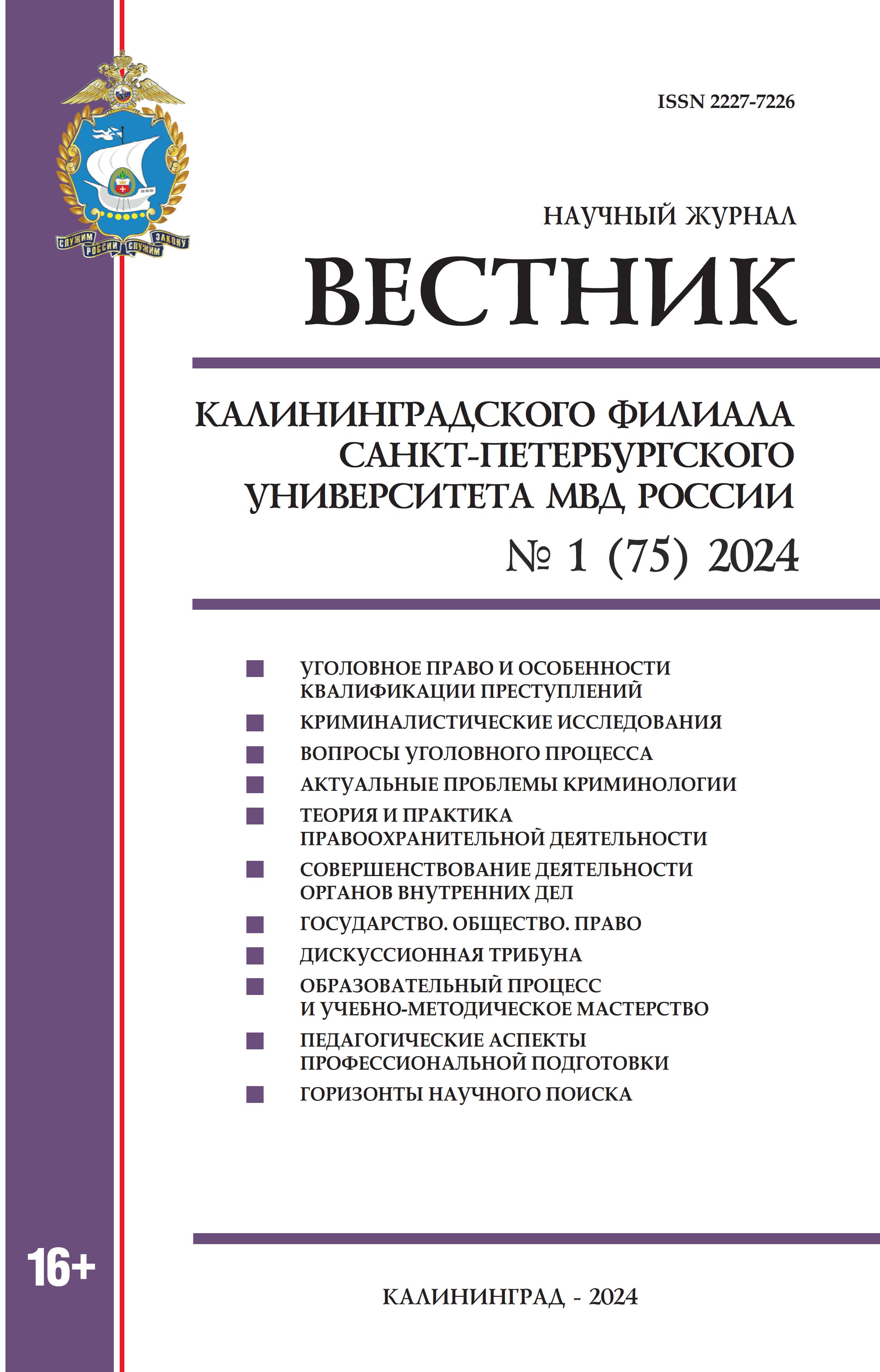g. Sankt-Peterburg, St. Petersburg, Russian Federation
Introduction. The relevance of the study is dictated by the need to analyze the norms of the criminal law on crimes related to unlawful access to computer information, objective and subjective signs of the composition of this crime, criminal liability and the need to formulate proposals to improve criminal law counteraction to this type of acts. The article analyzes the specifics of the qualification of the crime provided for in Art. 272 of the Criminal Code of the Russian Federation. The high level of uncertainty in the interpretation of concepts related to illegal access to computer information is emphasized, which quite naturally causes the lack of uniform judicial and investigative practice in the application of this article. The analysis of objective and subjective signs of such a crime is carried out. The proposals on amendments to the current legislation are substantiated. Methods. The methodological basis of the research is made up of general scientific (analysis, synthesis, induction, deduction, classification, comparison, comparison) and private scientific methods of legal research (historical-legal, comparative legal, formal-logical, systemic). Results. The conducted research shows that despite the active development of issues of practical application of the provisions of Art. 272 of the Criminal Code of the Russian Federation in domestic science, it should be noted that many aspects of the qualification of this attack are currently unresolved. The authors have proposed an addition that will allow law enforcement officers to more accurately define and qualify crimes related to illegal access to computer information.
Unauthorized access, computer information, computer crimes, criminal legal counteraction.








